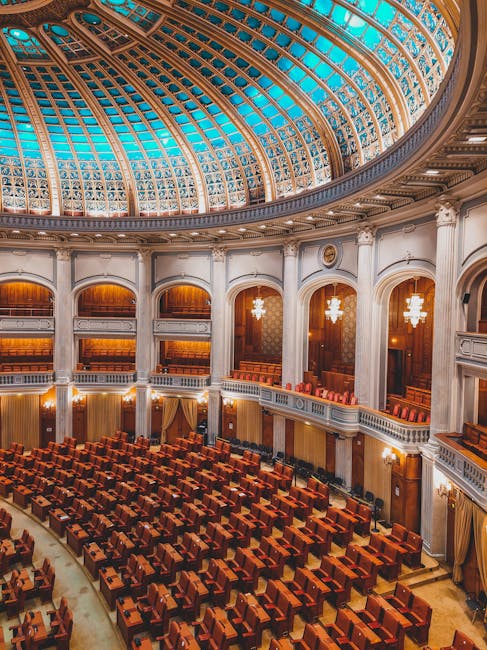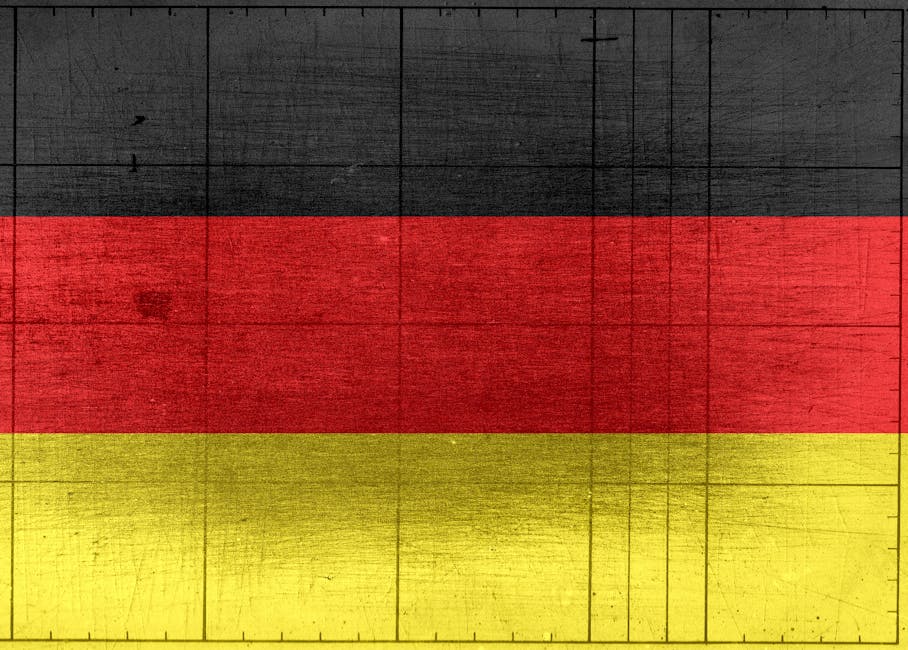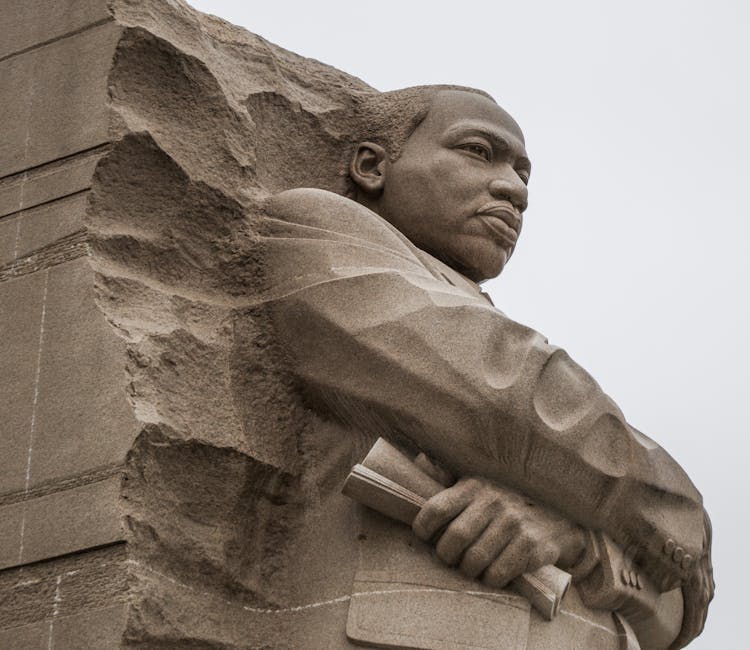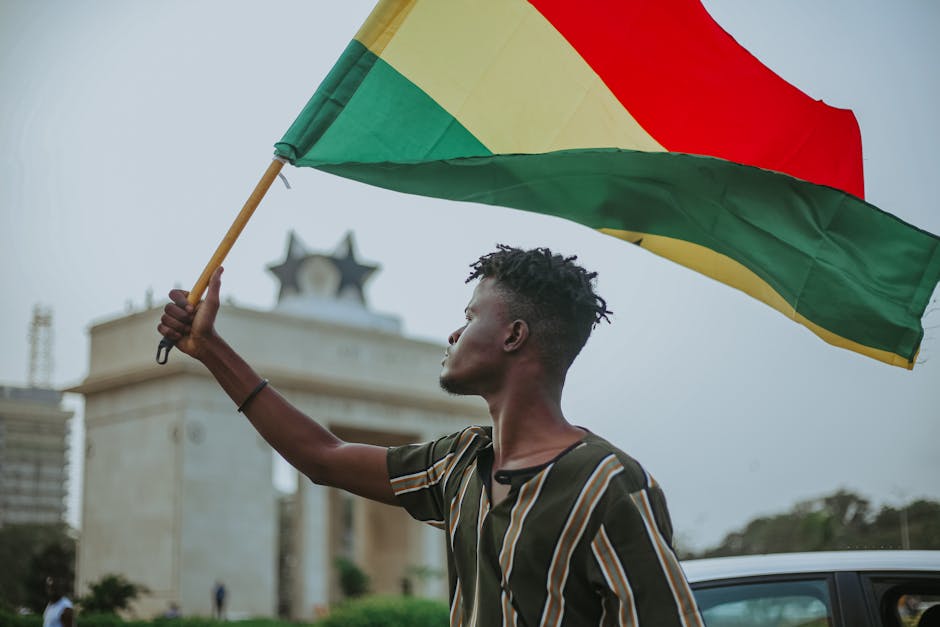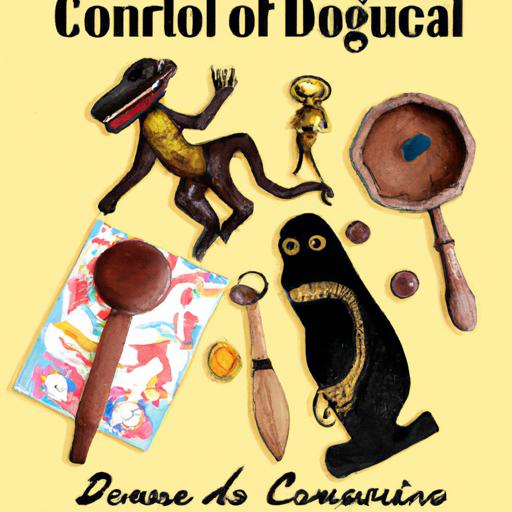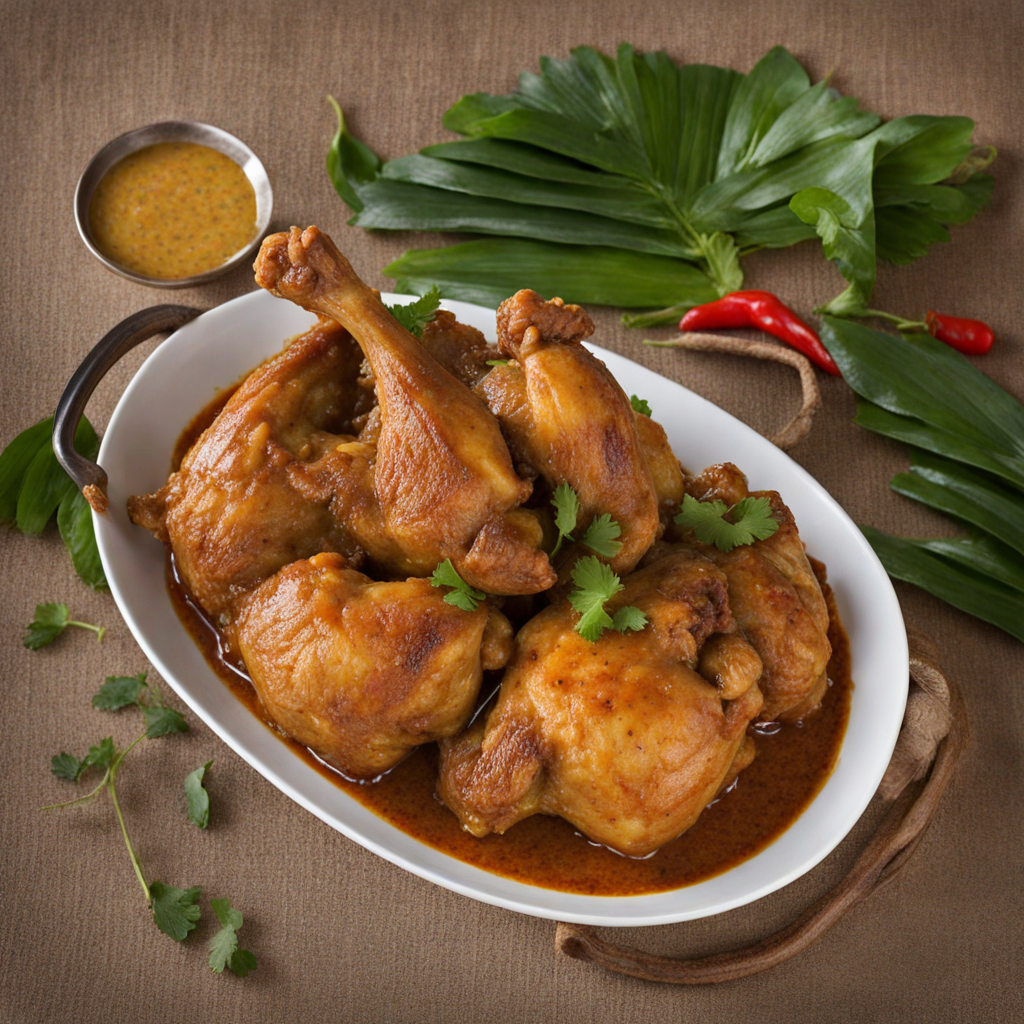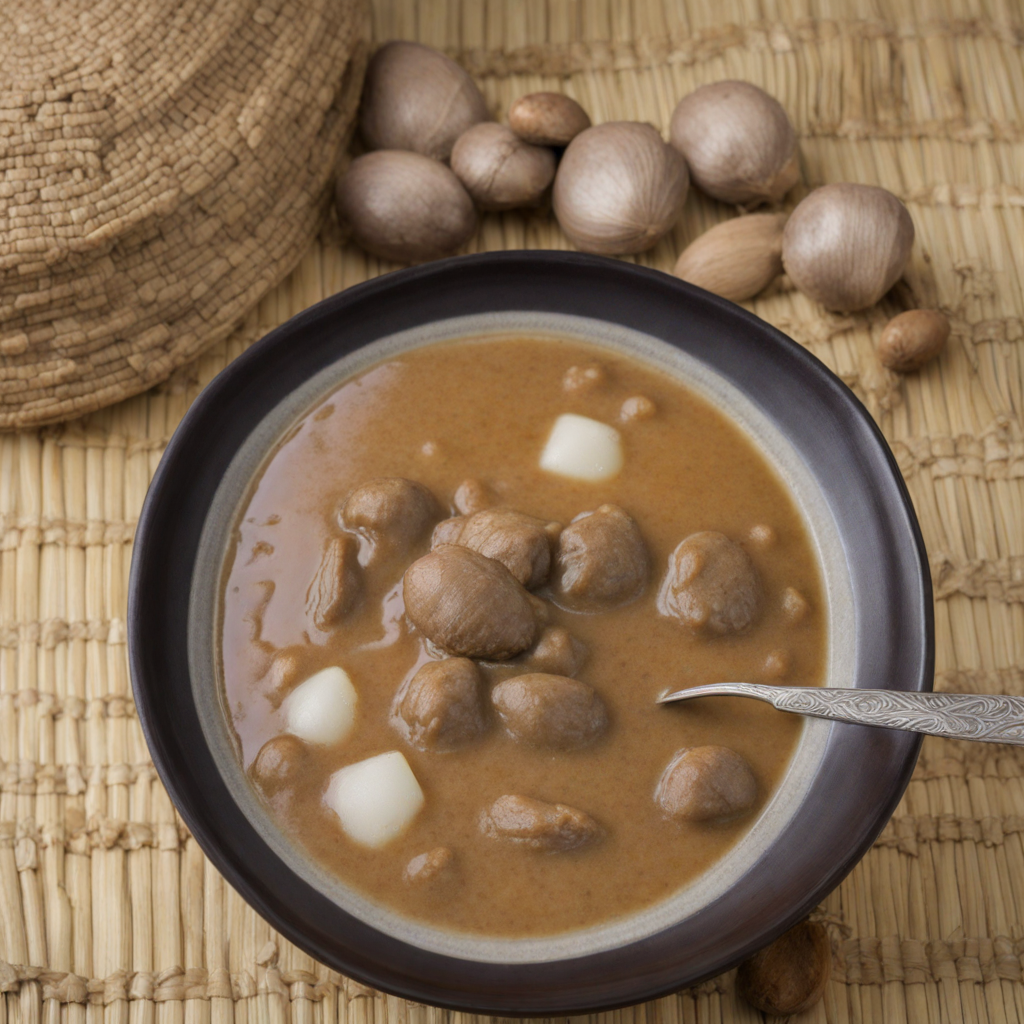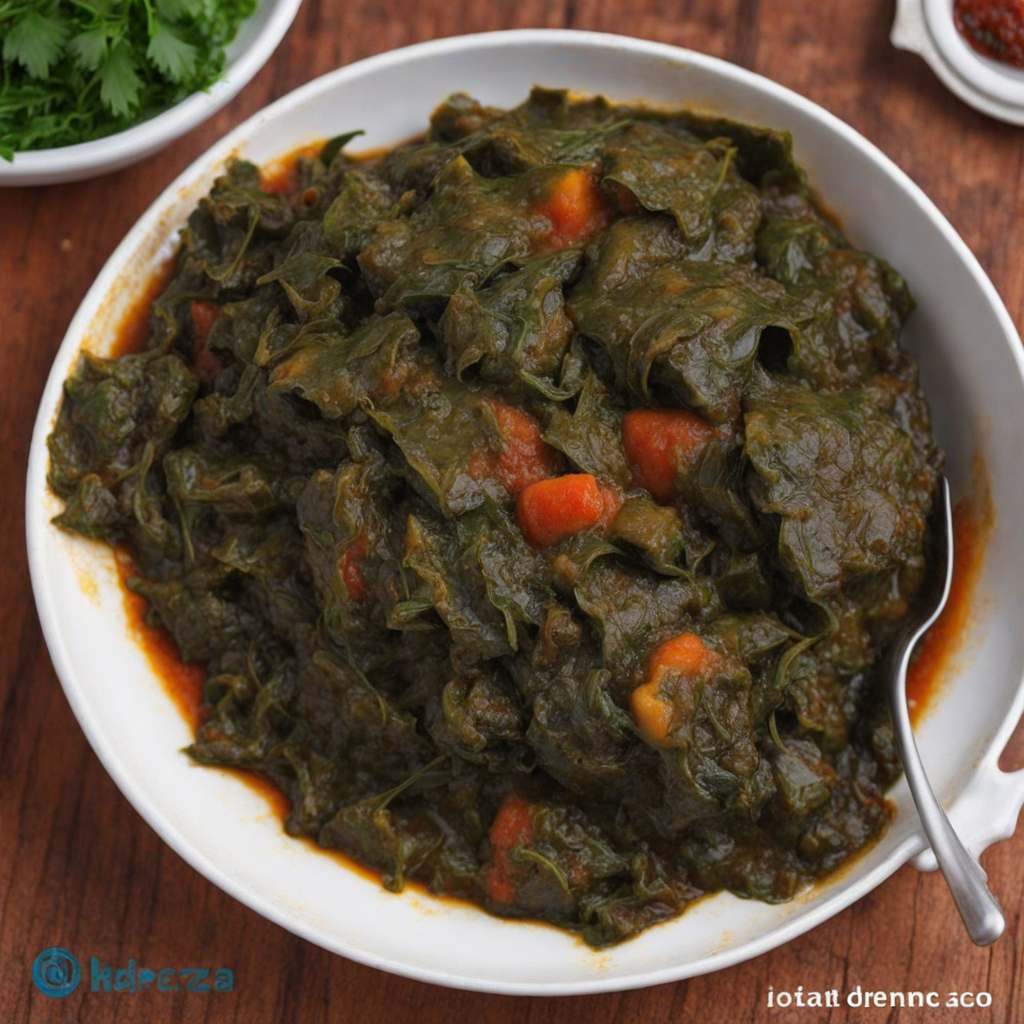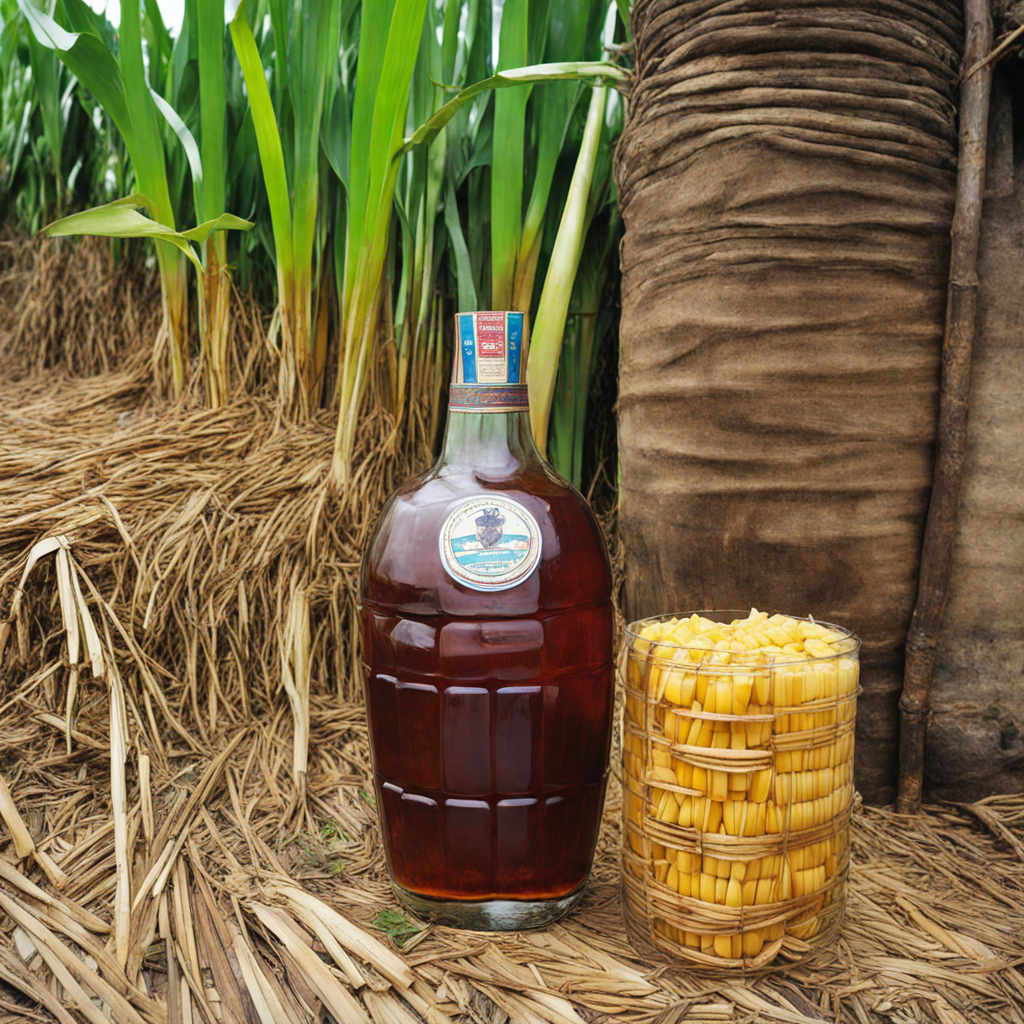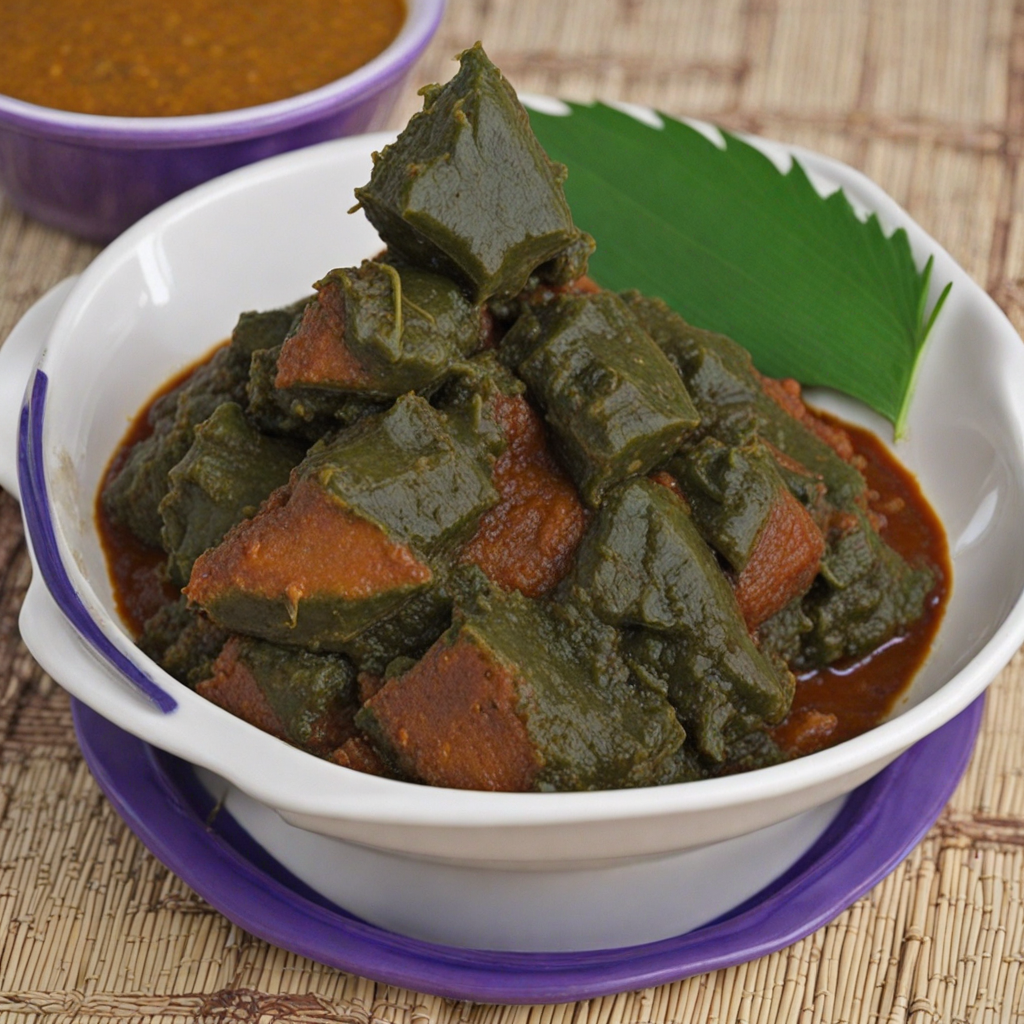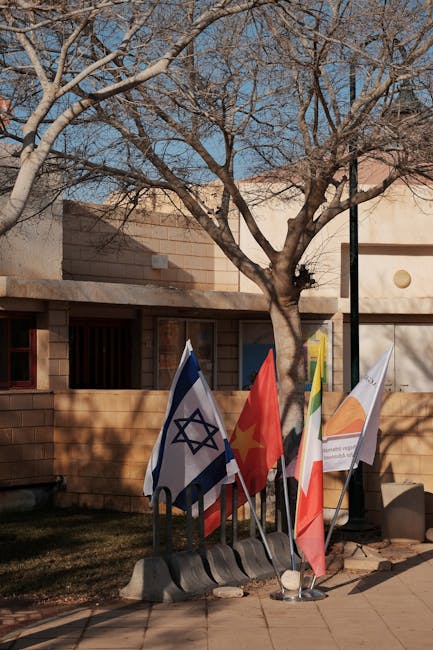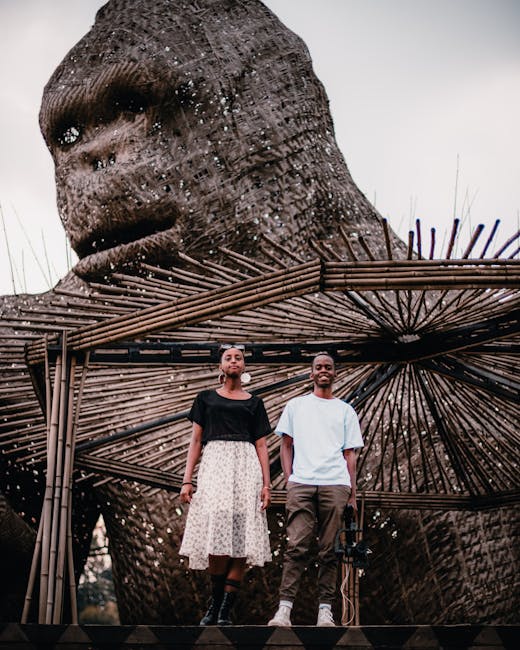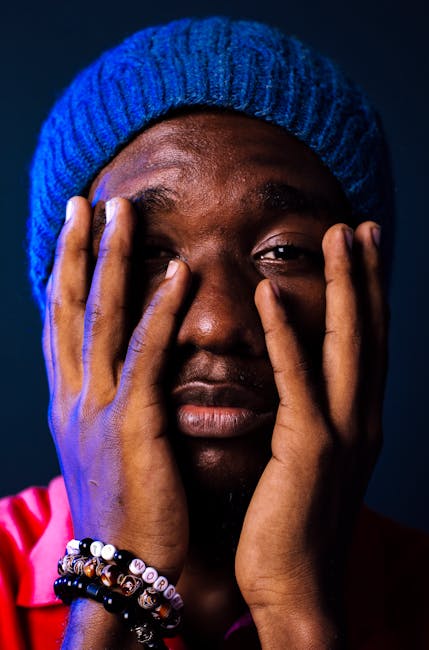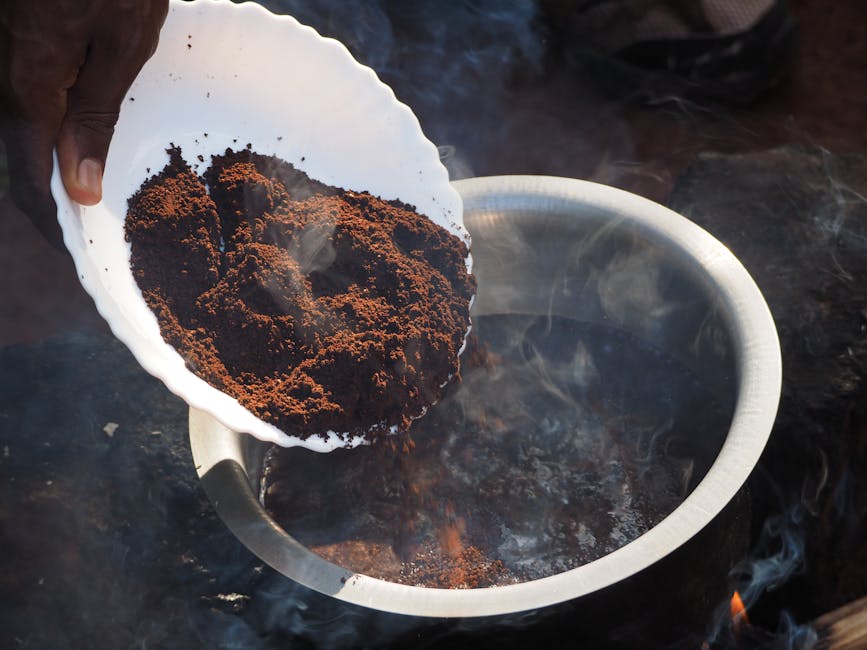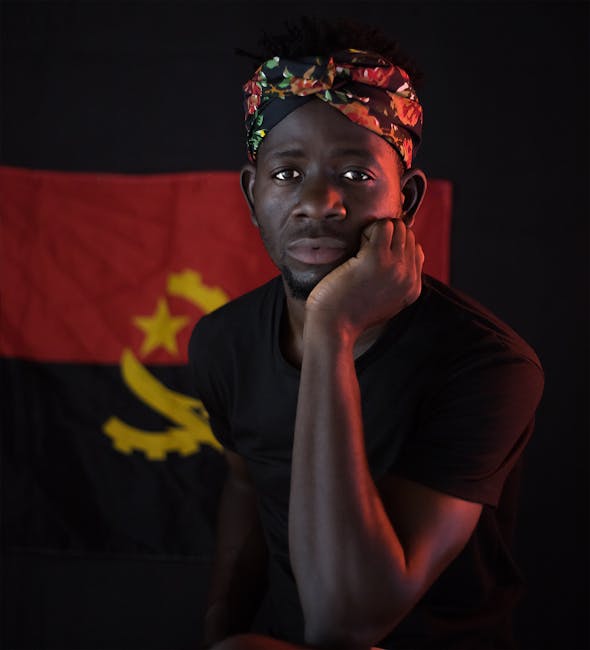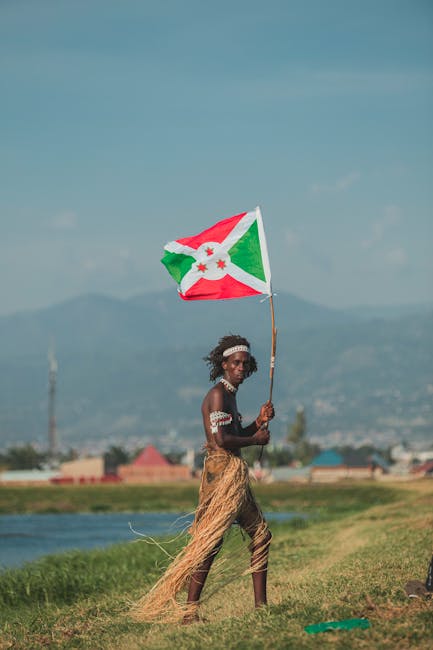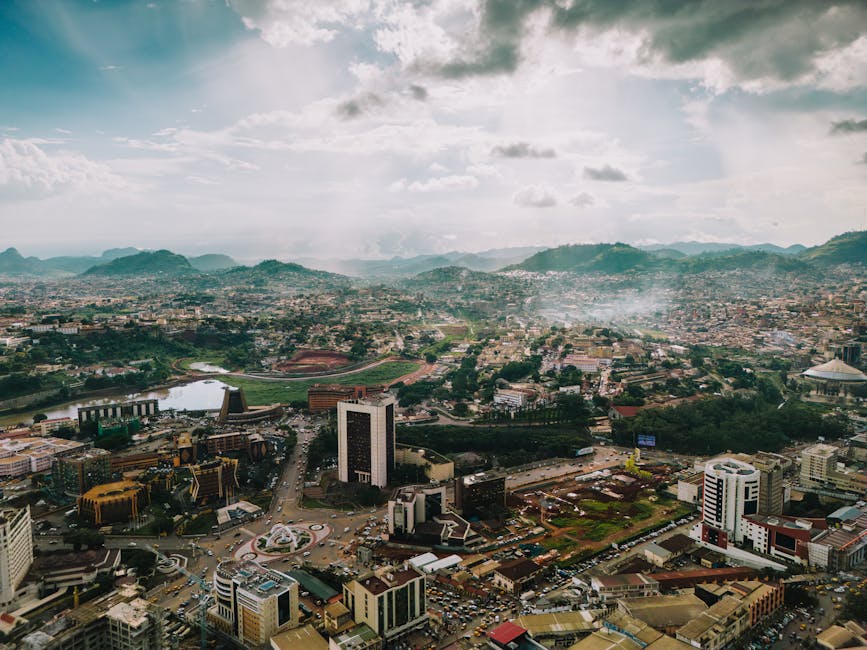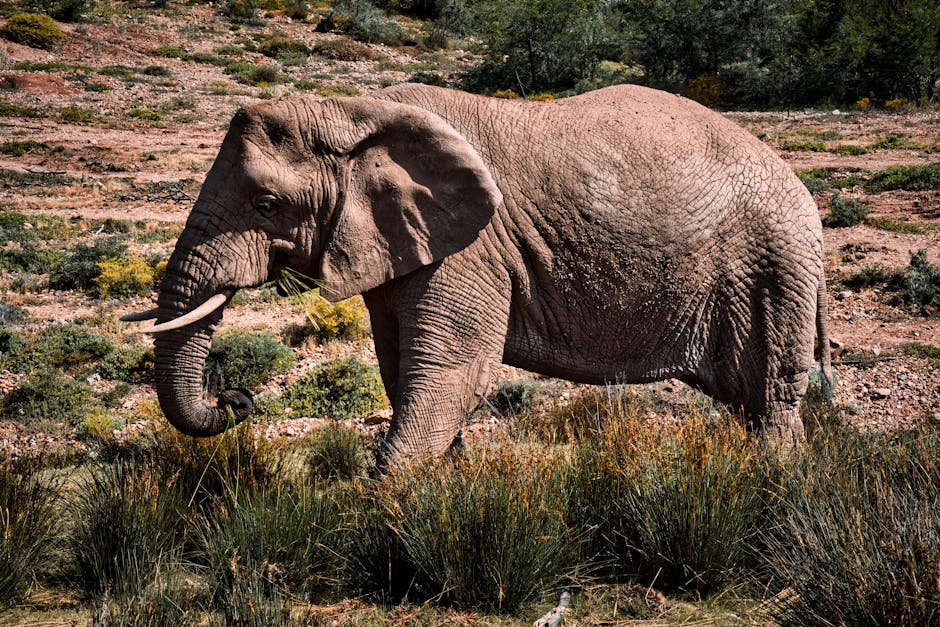Democratic Republic of the Congo
Overview
The Democratic Republic of the Congo, often referred to as the DRC or simply Congo, is a country filled with a rich tapestry of culture, history, and natural beauty. Located in Central Africa, it is the largest country in sub-Saharan Africa and the second-largest in all of Africa. The DRC is home to over 70 million people, comprising more than 200 ethnic groups, each with its own languages and customs, making it one of the most multicultural countries in the world. The culture is heavily influenced by these diverse ethnic groups and is expressed through music, dance, and art. What makes the country unique is its vast rainforests, home to many endangered species and the indigenous pygmy tribes, and its active volcanoes.
The high season for tourism in the DRC is during the dry seasons, which occur from June to September and December to February. During this time, the weather is more predictable and the roads are easier to travel. One of the top activities during the dry season is visiting the national parks, particularly Virunga National Park, which is a UNESCO World Heritage Site and home to rare mountain gorillas. Other activities include exploring the bustling capital, Kinshasa, known for its vibrant music scene, and visiting the thundering Boyoma Falls.
Before visiting the Democratic Republic of the Congo, there are several things travelers need to prepare. First, a visa is required for entry, and it's recommended to apply well in advance of your trip. In addition, proof of yellow fever vaccination is required. It's also essential to check travel advisories and stay informed about the country's current situation, as certain regions can be unstable due to political unrest. Lastly, while French is the official language, many people also speak Lingala, Kikongo, Tshiluba, and Swahili, so learning a few basic phrases can be helpful. It's also advisable to pack clothing suitable for tropical climates and protective gear if you plan on trekking or visiting national parks.
A Glimpse into the Past
The Democratic Republic of the Congo (DRC), located in Central Africa, is a country rich in history, culture, and natural beauty. It is the second-largest country in Africa, covering an area of over 2.3 million square kilometers, and is home to a diverse array of ethnic groups, languages, and landscapes. Understanding its history is crucial for travelers looking to appreciate its complexity and charm.
The DRC’s history dates back thousands of years, with evidence of early human habitation. By the late 15th century, various kingdoms emerged, including the powerful Kongo Kingdom in the west, known for its sophisticated political structures and trade networks. The kingdom engaged in commerce with Portuguese traders, which significantly influenced local culture and economy. As trade flourished, so did the spread of Christianity, leading to a unique blend of indigenous beliefs and European religion.
In the late 19th century, the DRC became the center of international attention when King Leopold II of Belgium claimed the region as his personal possession, establishing the Congo Free State. This era, from 1885 to 1908, was marked by brutal exploitation and horrific human rights abuses, particularly in the rubber industry. Millions of Congolese died due to forced labor, violence, and disease. The international outcry over these atrocities eventually compelled the Belgian government to annex the territory, transforming it into the Belgian Congo in 1908.
The struggle for independence began to gain momentum after World War II, spurred by a wave of decolonization across Africa. The DRC achieved independence on June 30, 1960, with Patrice Lumumba becoming the first Prime Minister. However, his government faced significant challenges, including regional secessionist movements and political instability. Lumumba's tenure was tragically cut short when he was assassinated in 1961, a political event that marked the beginning of a tumultuous era in the DRC’s history.
Following Lumumba's assassination, Joseph Mobutu, later known as Mobutu Sese Seko, came to power through a military coup in 1965. His rule, which lasted until 1997, was characterized by corruption, authoritarianism, and a cult of personality. Mobutu renamed the country Zaire in 1971, attempting to emphasize a national identity, but his regime is often remembered for its economic mismanagement and human rights violations.
The 1990s brought significant change, with political unrest leading to Mobutu's eventual overthrow. In 1997, Laurent-Désiré Kabila took power, marking the transition from Zaire back to the Democratic Republic of the Congo. However, Kabila’s rule was short-lived, as he faced opposition, leading to the outbreak of the First Congo War (1996-1997) and, later, the Second Congo War (1998-2003), involving multiple African nations and resulting in millions of deaths. The wars were fueled by ethnic tensions, control of natural resources, and a complex web of local and international politics.
Travelers to the DRC will find a country still recovering from decades of conflict. The capital, Kinshasa, is a bustling metropolis that reflects the country’s vibrant culture, with lively music scenes and a rich artistic heritage. The city is known for its exceptional nightlife, with local rhythms like rumba and soukou providing a soundtrack to the streets.
Exploring the natural wonders of the DRC is a highlight for many visitors. The Virunga National Park, a UNESCO World Heritage site, is famous for its biodiversity, including the endangered mountain gorillas. Trekking through the park's lush landscapes offers a unique opportunity to connect with nature and witness the incredible wildlife that inhabits the region.
Another must-see destination is the Okapi Wildlife Reserve, home to the elusive okapi, a unique animal that resembles a cross between a giraffe and a zebra. This reserve, also a UNESCO World Heritage site, is vital for the conservation of various species and showcases the incredible biodiversity of the DRC's rainforests.
The DRC is also known for its rich mineral resources, including gold, diamonds, and coltan, used in electronics. However, the exploitation of these resources has often been linked to conflict and human rights abuses. Travelers should be mindful of these issues, as understanding the socio-economic context can enhance their experience and appreciation of the country.
Cultural experiences abound in the DRC, with over 200 ethnic groups, each with its traditions and languages. The Bantu peoples, the largest ethnic group, contribute to the country’s rich tapestry of music, art, and cuisine. Local markets are vibrant and colorful, offering a glimpse into daily life, where travelers can sample traditional dishes like moambe (chicken in palm oil sauce) and the staple food fufu (a starchy dish made from cassava or plantains).
The DRC is also home to remarkable historical sites. The ancient city of Mbanza Kongo, the capital of the Kongo Kingdom, offers insights into the rich pre-colonial history of the region. Visitors can explore the ruins and learn about the kingdom's influence on Central African history.
For those interested in history, the Memorial of the Martyrs in Kinshasa commemorates those who fought for independence and reflects on the struggles faced throughout the DRC’s tumultuous past. It serves as a poignant reminder of the resilience of the Congolese people.
Travelers should also be aware of the challenges that come with visiting the DRC, including health concerns, infrastructure issues, and security risks in certain regions. Proper planning, vaccinations, and awareness of local customs are essential for a safe and enjoyable journey.
The DRC is a land of contrasts, where the scars of its tumultuous past coexist with the beauty of its landscapes and the vibrancy of its cultures. For adventurous travelers, the Democratic Republic of the Congo offers an unparalleled experience, rich in history and natural wonders that captivates the spirit and ignites the imagination.
Top cities for tourists in Democratic Republic of the Congo
Discover the Famous Cities That Might Captivate Your Interests
Must-Try Foods You Can't Afford to Miss
Indulge in a Variety of Fantastic Foods During Your Stay in Democratic Republic of the Congo
May Be Your Next Destinations
People often choose these countries as their next destination


